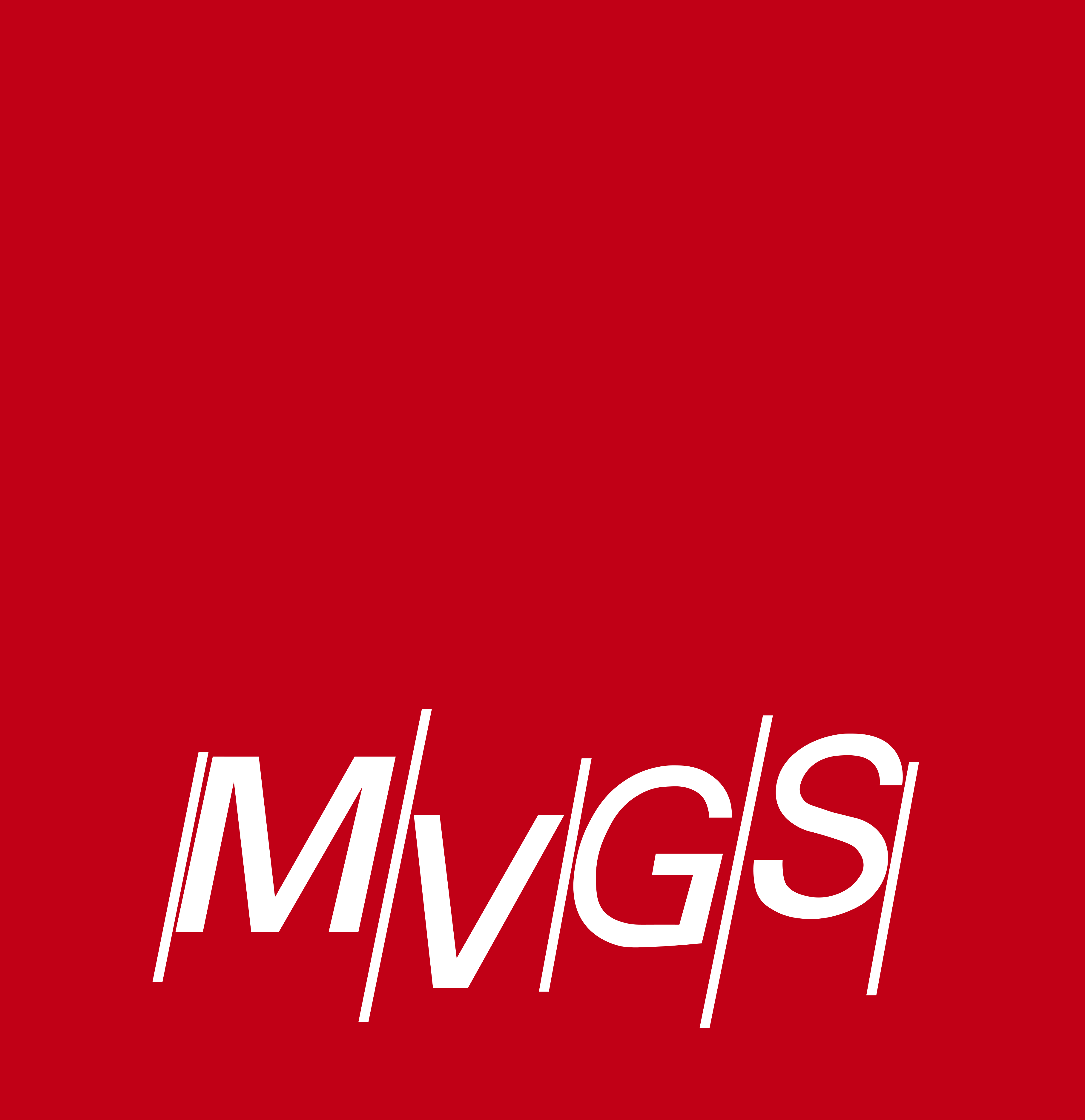Tax Exemption on Donations Helps COVID-19 Efforts
Author Atty. Mary Elizabeth M. Belmonte, Atty.Harlem P. Ma-at
The spread of COVID-19 has sparked fear among Filipinos and has forced the Philippine government to implement the Enhanced Community Quarantine (ECQ) over the entire Luzon and other parts of the country. Yet, this has not dampen the bayanihan spirit of Filipinos. Businessmen and ordinary citizens have stepped up and have donated, and, in fact, are still donating, goods and services to frontliners and fellow citizens to help one another survive this pandemic.
Acknowledging the significant increase in donations, the Secretary of Finance issued Revenue Regulations (RR) No. 09-2020 on 06 April 2020, exempting donations or gifts made for the sole and exclusive purpose of combatting COVID-19 during the period of state of national emergency under Republic Act No. 11469 (Bayanihan to Heal As One Act) from donor’s tax. The said RR also allows the donor/taxpayer to deduct the amount of donations from its gross income subject to income tax.
The tax exemption and deductions granted were based on Sections 4(z) and 4(ee) of Republic Act No. 11469 which state that the President is authorized to adopt the following measures to respond to the crisis brought about by the COVID-19 pandemic:
“(z) xxx the grant of any benefit, in order to ease the burden on individuals under the Community Quarantine;
(ee) Undertake such other measures as maybe reasonable and necessary to enable the President to carry out the declared national policy subject to the Bill of Rights and other constitutional guarantees.”
To guide those who will avail of the tax exemption, below are frequently asked questions regarding the RR No. 09-2020.
What kinds of donations are eligible for donor’s tax exemption?
(a) Cash donations;
(b) Donations of all critical or needed healthcare equipment or supplies;
(c) Relief goods such as, but not limited to, food packs (rice, canned goods, noodles, etc.) and water; and
(d) Use of property, whether real or personal (shuttle service, use of lots or buildings).
What do you mean by critical or needed healthcare equipment or supplies?
This phrase includes the following:
(i) Personal Protective Equipment (PPE) which refers to gloves, gowns, masks, goggles, face shields, surgical equipment and supplies, laboratory equipment, and its reagents, medical equipment and devices, support and maintenance for laboratory and medical equipment, surgical equipment and supplies;
(ii) Medical supplies, tools, and consumables such as alcohol, sanitizers, tissue, thermometers, hand soap, detergent, sodium hydrochloride, cleaning materials, povidone iodine, common medicines (e.g., paracetamol tablets, mefenamic acid, vitamins tablet and suspension, hyoscine tablet and suspension, oral rehydration solution, and cetirizine tablet and suspension);
(iii) Testing kits; and
(iv) Other supplies as may be determined by the Department of Health and other relevant government agencies.
Can I deduct the full amount of donations I made against my gross income?
Yes. You may deduct the full amount of donations, enumerated above, against your gross income provided that the donations were made for the sole and exclusive purpose of combatting COVID-19 during the period of state of national emergency and the same were given to any the following donees:
(i) The National Government or any entity created by its agencies (including public hospitals) which is not conducted for profit, or to any political subdivision of the said Government, including fully owned government corporations; or
(ii) Accredited non-stock, non-profit educational and/or charitable religious cultural or social welfare corporation, institution, foundation, non-government organization, trust or philanthropic organization and/or research institution or organization; or
(iii) Private hospitals and/or non-stock non-profit educational and/or charitable religious cultural or social welfare corporation, institution, foundation, non-government organization (even if non-accredited), trust or philanthropic organization and/or research institution or organization; or
(iv) Local private organizations, civic organizations, and/or international organizations or institutions provided that they shall (1) actually, directly, and exclusively distribute and/or transfer said donations/gifts to, and/or (2) partner as conduit/logistical machinery with, the accredited NGOs and/or national government or any entity created by any of its agencies not conducted for profit, or to any political subdivision of the said Government.
To avail of the exemption and deduction, do I still have to submit a Notice of Donation to the Bureau of Internal Revenue (BIR)?
No. The submission of Notice of Donation to the BIR is dispensed with for donations made in relation to RR No. 09-2020.
Are there other supporting documents I must submit in order to avail of the exemption and deduction?
Yes. Attached to this artile is a summary of documentary requirements for each donee-recipient.
Will donations made in kind be subject to VAT?
No. Donations made in kind, particularly (a) donations of all critical or needed healthcare equipment or supplies and (b) donations of relief goods, will not be treated as transactions deemed sale subject to VAT.
Will I still be able to claim any input VAT on donations made in kind?
Yes. Any input vat attributable to the purchase of goods donated in kind shall be creditable against any output VAT of the donor.
Will donations made after the ECQ be still eligible for the exemption and deduction under RR No. 09-2020?
Yes. As long as it is made during the three-month effectivity of Republic Act No. 11469, or until 24 June 2020, unless it is extended or withdrawn by Congress or ended by Presidential Proclamation.
With RR No. 09-2020 in place, we hope that more Filipinos will be encouraged to make donations in whatever way they can.
Link: Revenue Regulations (RR) No. 09-2020 – List of Supporting Documents
